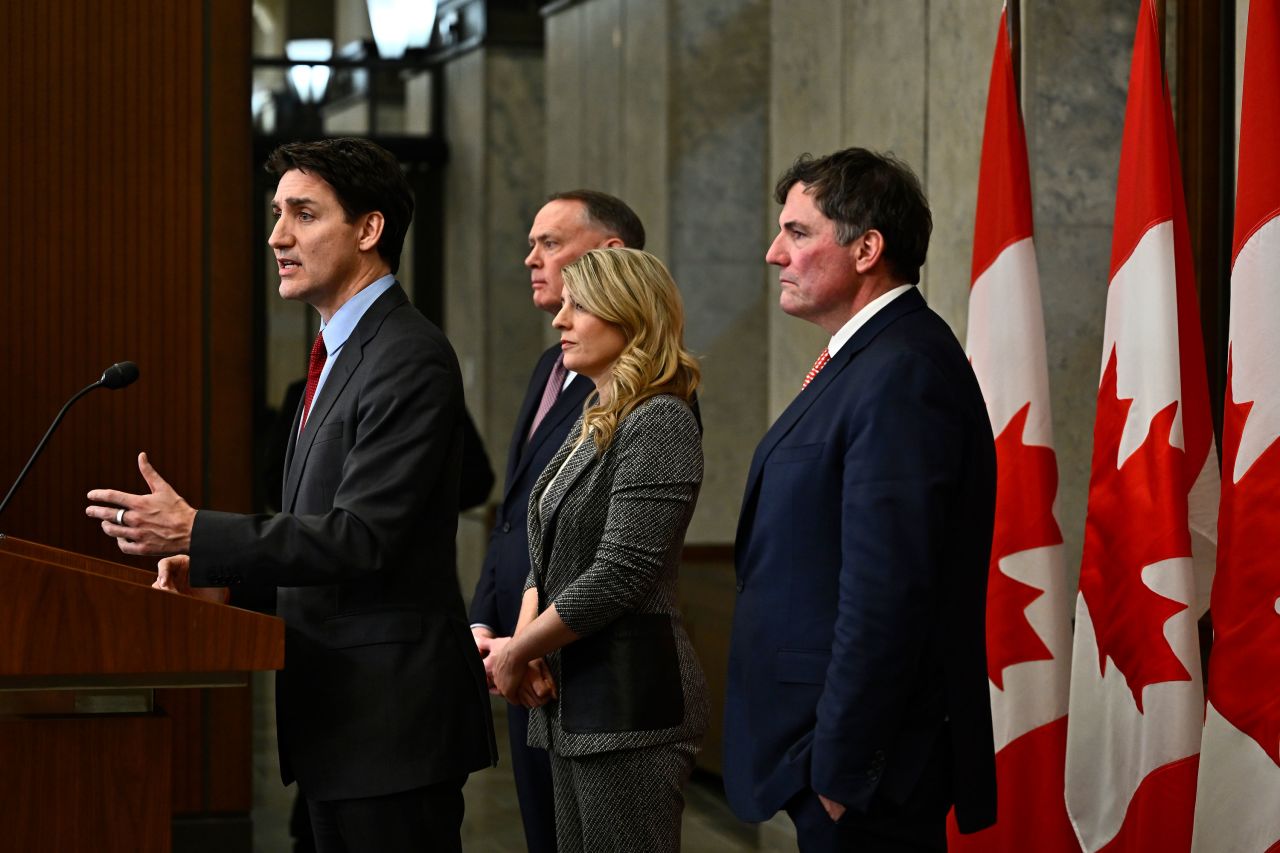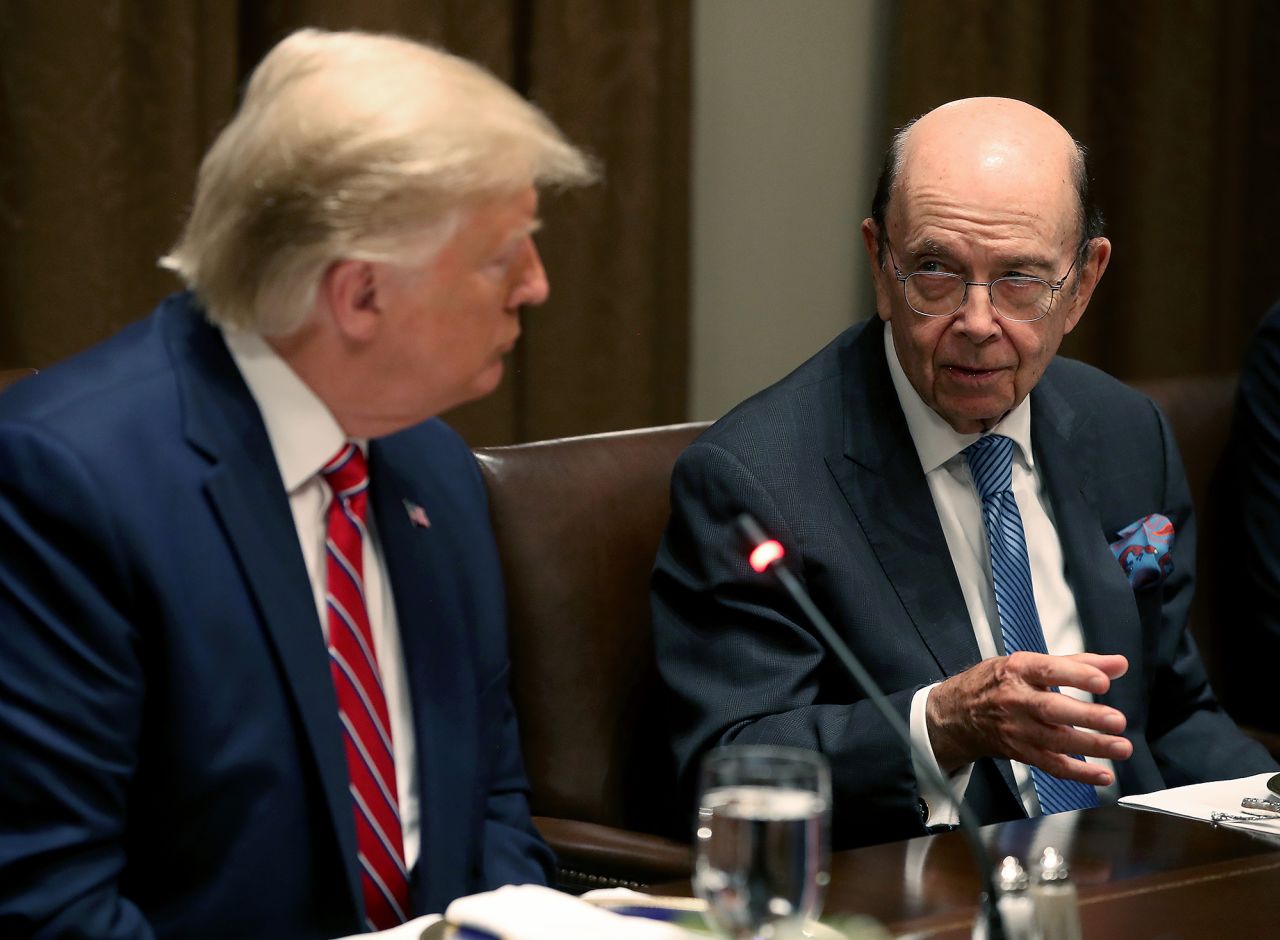Denver Health this week paused gender-affirming surgeries for minors following threatened funding cuts from the Trump administration, leaving few options for transgender youth seeking that care in the metro area.
President Donald Trump signed an executive order Tuesday ordering institutions that receive federal funding to stop performing gender-affirming surgeries on anyone under 19, and forbidding them from offering puberty blockers or hormones for gender-affirming purposes.
The health system, which operates the region’s safety-net hospital, has not said whether it also is halting hormonal treatment.
“Denver Health is committed to and deeply concerned for the health and safety of our gender-diverse patients under the age of 19 in light of the executive order regarding youth gender-affirming care,” the system said in a statement Thursday. “We recognize this order will impact gender-diverse youth, including increased risk of depression, anxiety and suicidality.”
Trump’s executive order also directed federal agencies to explore ways to exclude coverage for gender-affirming care from Medicare, Medicaid, Tricare and insurance plans sold on the individual marketplace.
The Denver hospital was not alone in its actions.
In Virginia, VCU Health and Children’s Hospital of Richmond said they have suspended gender-affirming medication and gender-affirming surgical procedures for those under 19. In Washington, D.C., Children’s National Hospital said it had “paused prescriptions of puberty blockers and hormone therapy to comply with the directives while we assess the situation further.”
Denver Health officials did not say how often the hospital performed gender-affirming surgeries on people younger than 19. Most transgender people don’t undergo surgery until adulthood, if at all, but guidelines for treating patients allow surgeries to remove mammary tissue and create a masculine chest appearance in cases where the patient has the mental capacity to decide and is particularly distressed by their breasts.
The pause, first reported by 9News, doesn’t affect care for patients over 19. Hospitals that don’t comply with the order would risk losing funding through Medicare and Medicaid, which could be financially crippling for almost any facility.
Denver Health is particularly exposed, though, because it already faces financial headwinds and disproportionately relies on federal programs. In late 2024, the health system was on track to lose about $11 million for the year, following a $35 million loss in 2022 and a small profit in 2023.
The system hasn’t said how much money would be at risk if it didn’t fully comply with Trump’s order. About two-thirds of patient days in Denver Health’s hospital had either Medicare or Medicaid as the source of payment, according to the most recent hospital transparency report from the Colorado Department of Health Care Policy and Financing.
“These programs represent a significant portion of Denver Health’s funding, and the executive order specifically states that should we not comply, our participation in these programs is at risk,” the health system said in its statement. “The loss of this funding would critically impair our ability to provide care for the Denver community.”
The language in Trump’s executive order — using words such as “maiming,” “sterilizing” and “mutilation” — contradicts what is typical for gender-affirming care in the United States. It also labels guidance from the World Professional Association for Transgender Health as “junk science.”
WPATH said in a statement that restrictions and bans on “access to necessary medical care for transgender youth are harmful to patients and their families.”
Gender-affirming medical care for transgender youth isn’t common. A new study shows that fewer than 1 in 1,000 U.S. adolescents with commercial insurance received puberty blockers or hormones during a recent five-year period, and the bulk of gender-affirming surgeries are not performed on youth.
The move by Denver Health leaves few other options for younger people in the region.
Children’s Hospital Colorado stopped offering gender-affirming chest surgeries to young adult patients in 2023 and referred them to University of Colorado Hospital. Children’s never performed gender-affirming surgery on patients under 18, but continued to offer other treatments, such as therapy, puberty blockers and hormonal treatment, a spokesperson said at the time.
Children’s didn’t offer an explanation at the time, but the move coincided with increased public pressure and harassment of institutions offering gender-affirming care.
The new executive order appears to require Children’s to also halt those services, or lose federal funds. In a statement, the hospital said it continues to assess the order’s impact.
UCHealth previously offered gender-affirming care to patients who were at least 18, but will raise the age limit to 19 in compliance with Trump’s executive order, spokesman Dan Weaver said.
“We know these changes may be challenging, especially for 18-year-old patients previously approved for gender-affirming care, and behavioral health support services will be available to help support our patients navigate these changes,” he said in a statement.
Catholic-affiliated CommonSpirit Health doesn’t provide gender-affirming care to anyone, while HealthOne and AdventHealth don’t offer those services to minors.
Boulder Community Health’s Foothills Hospital offers gender-affirming care, but didn’t respond to questions about whether it provides those services to patients under 19.
Intermountain Health, which offers gender-affirming care at some of its hospitals in Utah, said it is reviewing all executive orders. Some of its Colorado hospitals are still subject to Catholic religious directives because of their prior ownership.
In its statement, Denver Health said it remains proud to be “one of a very small number of providers of comprehensive care services to all of our patients including to LGBTQ+ and gender-diverse patients.”
“As we navigate the order’s requirements,” the health system said, “we will continue to provide primary and behavioral health care to all impacted youth and will work to maintain the level of trust we have built with the LGBTQ+ community.”
The Associated Press contributed to this report.
Sign up for our weekly newsletter to get health news sent straight to your inbox.
The executive order, which was signed in January 2021, bans federal funding for gender-affirming care for transgender youth. This includes hormone therapy, puberty blockers, and gender-affirming surgeries.
In a statement released by Denver Health, they expressed their disappointment in having to pause these critical services for young transgender patients. They emphasized their commitment to providing inclusive and affirming care for all patients, regardless of their gender identity.
The decision to pause youth gender-affirming care has sparked outrage among LGBTQ+ advocates and healthcare professionals who believe that transgender youth deserve access to gender-affirming care. Many are calling for the executive order to be overturned and for Denver Health to resume these services as soon as possible.
As the fight for transgender rights continues, it is crucial for healthcare providers like Denver Health to stand up for the rights and well-being of all patients, regardless of their gender identity. The pause on youth gender-affirming care serves as a stark reminder of the ongoing challenges faced by the transgender community, and the importance of advocating for their rights and access to healthcare.
Tags:



